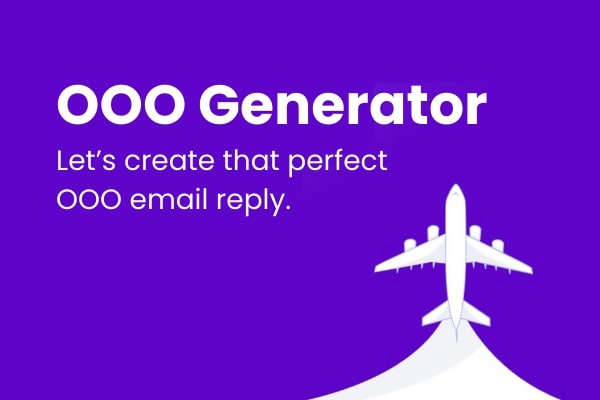Table Of Contents
What is a Floating Holiday?
A Floating Holiday is a flexible paid holiday that employees can take at their discretion. This type of holiday allows employees to observe personal, cultural, or religious events that are not covered by standard company holidays. Floating holidays provide an important benefit for employees, offering greater flexibility and respect for diverse needs and preferences. These holidays are an integral part of fostering an inclusive workplace.
Key Elements of Floating Holidays
Eligibility
Eligibility criteria determine which employees qualify for floating holidays. This often depends on factors such as employment status (full-time, part-time, or temporary) and length of service. By defining eligibility clearly, companies ensure that all employees understand their entitlements.
Example: Full-time employees may be eligible for two floating holidays per year, ensuring that those who are most committed to the company can benefit from this flexible leave option.
Allocation
The number of floating holidays allocated to employees can vary by company policy. Some organizations might offer one floating holiday per year, while others might provide more, depending on the company’s approach to employee benefits.
Example: Employees may be granted one floating holiday per calendar year, allowing them to take time off for events that are personally significant to them.
Usage
Guidelines on how and when floating holidays can be used are essential for maintaining smooth operations. These guidelines often require advance notice and managerial approval to ensure that business needs are met while accommodating employee requests.
Example: Employees must request and receive approval for floating holidays at least two weeks in advance. This allows managers to plan for coverage and avoid disruptions to work schedules.
Accrual and Expiry
Policies regarding the accrual and expiration of floating holidays help manage their use and ensure that they are taken in a timely manner. Some companies may have a “use-it-or-lose-it” policy, meaning that unused floating holidays do not carry over to the next year.
Example: Floating holidays do not carry over to the next year and must be used within the calendar year. This policy encourages employees to take their holidays and ensures that leave balances are managed effectively.
See also: PTO Accrual - Everything You Need To Know
Request Process
The procedure for requesting floating holidays typically involves submitting a leave request form or using an online portal. This process ensures that all requests are documented and can be reviewed systematically.
Example: Employees submit a floating holiday request through the company’s HR software, which then routes the request to their manager for approval. This streamlined process helps maintain accurate records and efficient leave management.
See also:
Documentation
Recording and tracking floating holidays is important for maintaining accurate leave balances and ensuring compliance with company policy. Effective documentation helps prevent misunderstandings and disputes about leave entitlements.
Example: PTO tracking software automatically notes floating holiday usage and balances, providing both employees and managers with up-to-date information on available leave.
See also: Expert Review - Finding the Best Vacation Tracking Software for 2024
Payment for Unused Floating Holidays
Policies on compensating employees for unused floating holidays can vary, but many companies offer payment for unused holidays upon termination of employment. This policy ensures that employees receive the full value of their earned benefits.
Example: Unused floating holidays are paid out at the employee’s current hourly rate upon resignation, ensuring that departing employees are compensated fairly for their accrued leave.
Importance of Floating Holidays
Flexibility
Floating holidays provide employees with the flexibility to take time off for personal, cultural, or religious events. This flexibility is crucial for accommodating diverse needs and preferences within the workforce.
Employee Satisfaction
Offering floating holidays enhances job satisfaction by respecting and accommodating the diverse needs of employees. This consideration helps build a positive and inclusive workplace culture.
Work-Life Balance
Floating holidays support employees in maintaining a healthy balance between work responsibilities and personal life. This balance is essential for long-term employee well-being and productivity.
=
Read more about floating holidays in our blog article: What Is a Floating Holiday?
Get the latest leave tracking updates
Join our monthly newsletter featuring curated HR content, with a special focus on leave tracking.
You have subscribed successfully.
Loved by teams at






